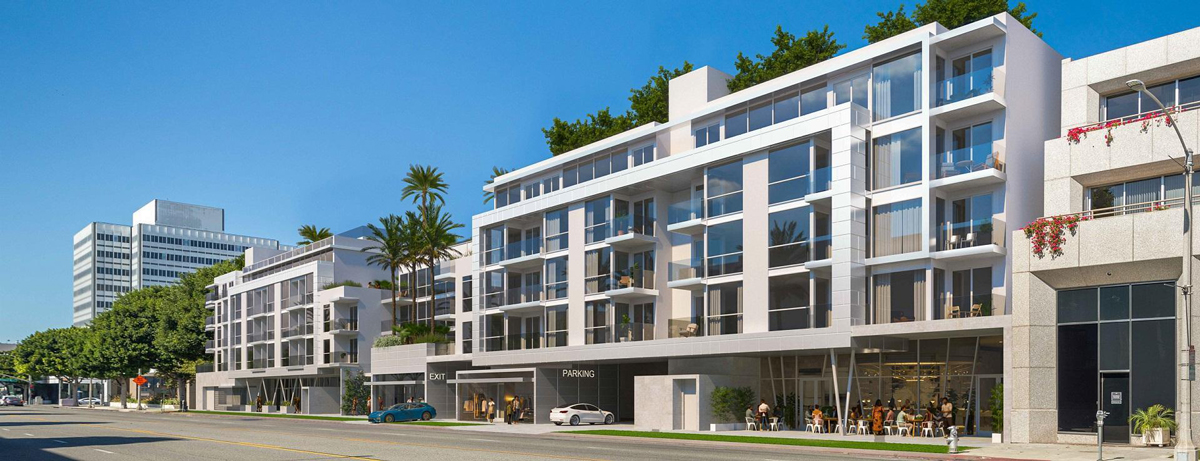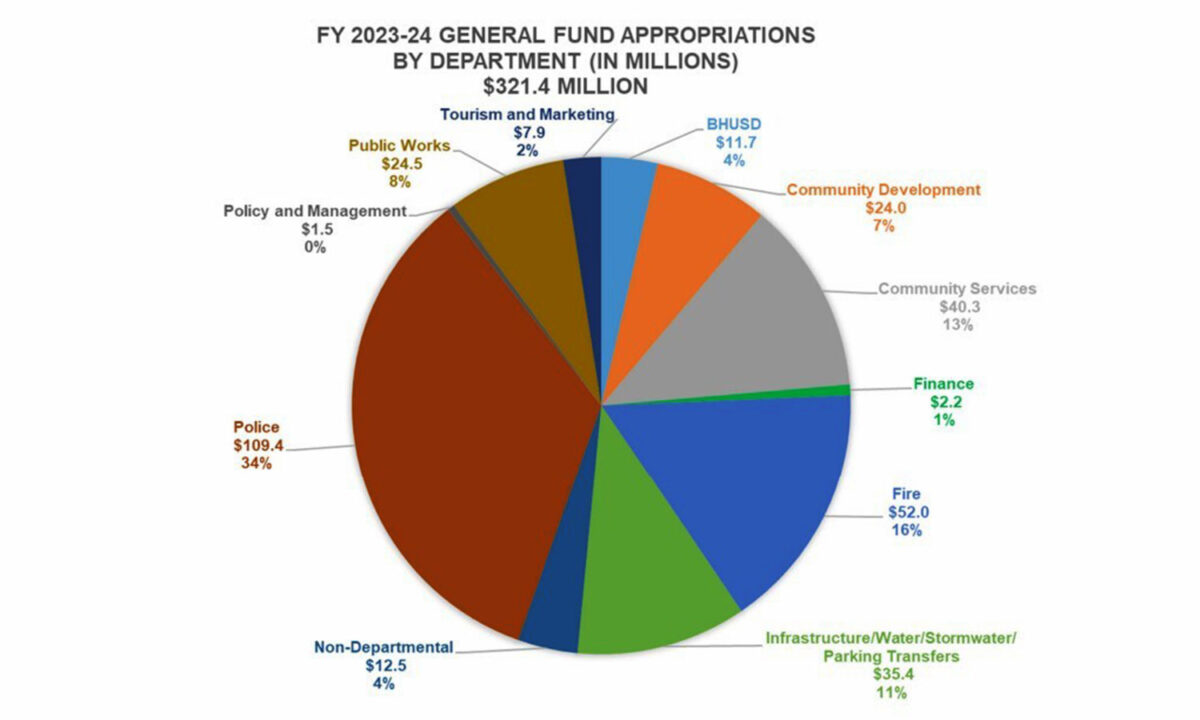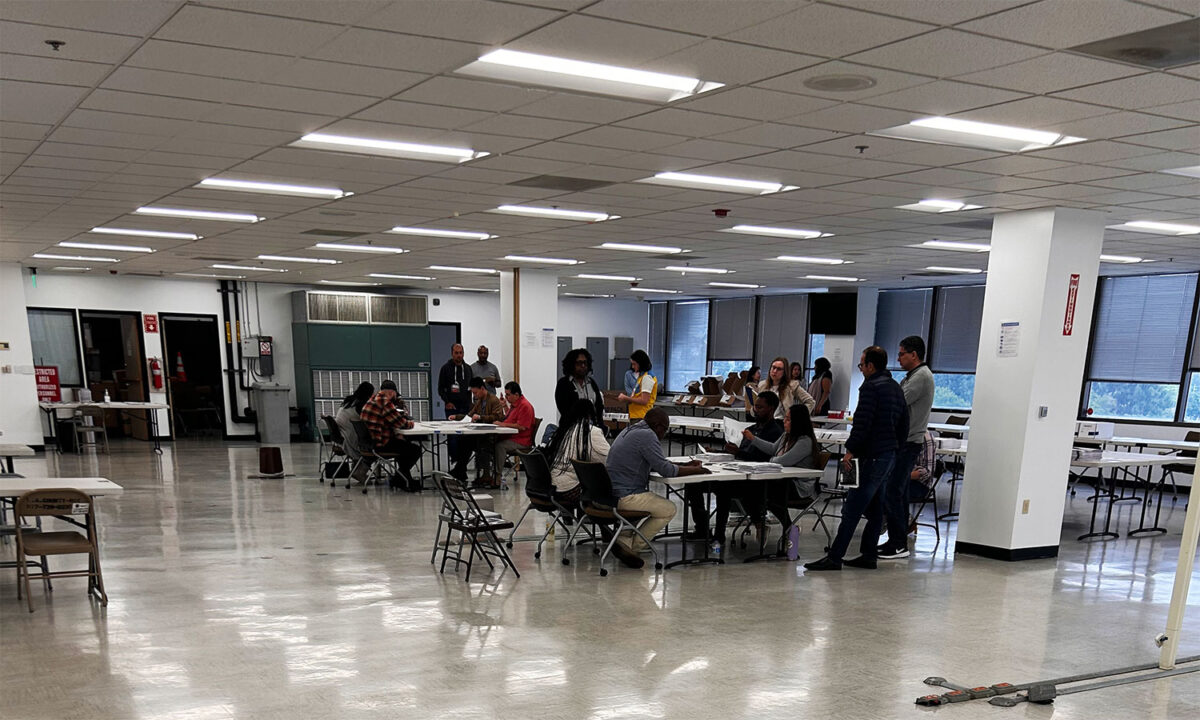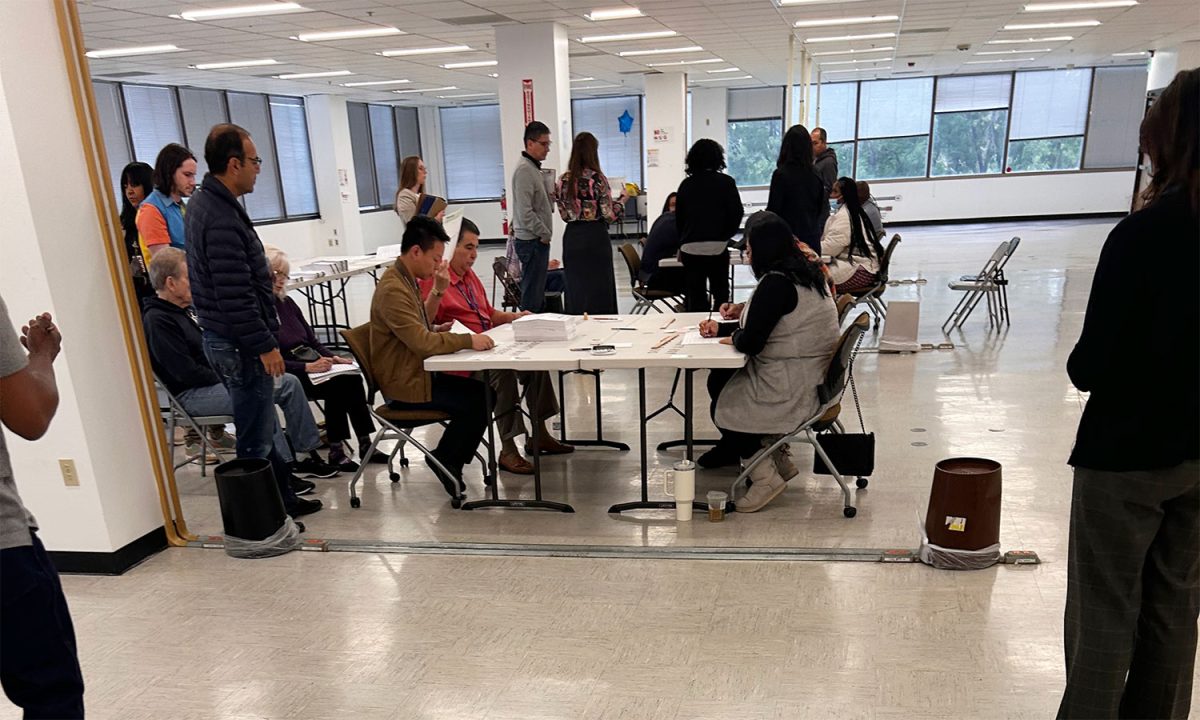The likely defeat of the proposed Cheval Blanc Beverly Hills hotel project in last week’s special election was a moment of great celebration for some residents and of profound disappointment for others.
The May 23 special election results reveal a razor thin margin of around 125 votes separating the approximately 49.10% of voters in favor of the project and the 50.90% against it. The election drew a 31.71% voter participation rate with 7,028 ballots recorded, per the first post-election ballot count update on May 26.
The Los Angeles County Registrar-Recorder/County Clerk is scheduled to certify the election during a final ballot count update on June 2, which may show slight changes in vote totals but is unlikely to shift the outcome.
The ultra-luxurious development was proposed by LVMH Moët Hennessy Louis Vuitton and consisted of a nine-story hotel with 109 rooms, two restaurants and a private club on a 1.3-acre parcel of land on Rodeo Drive and S. Santa Monica Boulevard.
Supporters believed the glamorous project would elevate the city’s brand and praised the estimated $750 million in revenue it would generate for the city over 30 years. Detractors thought the mega development would disrupt the character of the neighborhood and clog up the roads, while some also criticized the fact that the development agreement didn’t require LVMH to fund affordable housing.
Representatives for the pro-Cheval Blanc ‘Yes on B&C’ campaign said on May 26 that if the final results confirm the defeat, they will not bring the hotel project back in any form.
This outcome was a blow for the four out of five Beverly Hills City Councilmembers who championed the project.
“I believe our community lost an incredible attraction to Rodeo Drive, one which would have provided additional funding for vital city services in the future,” Mayor Dr. Julian Gold told the Courier. “While there may be different views on this project, I believe this was a once in a lifetime lost opportunity.”
This sentiment was echoed by Councilmember Lili Bosse, who served as mayor when the council approved the project in November 2022 and was one of its biggest proponents.
“It is a devastating loss for Beverly Hills and the future generations of our city,” Bosse told the Courier. “I will forever be proud that I stood up for what I believe is best for the quality of life for our community that is our beloved home.”
Vice Mayor Lester Friedman told the Courier that arguments against the development agreement for the project were misguided.
“Any other city would have had to provide financial and monetary incentives to the developer for the opportunity to have the first Cheval Blanc hotel in North America,” he told the Courier. “The city’s negotiating team not only extracted $28 million up front from the developer but also, based upon conservative independent analysis, would stand to receive over $750 million over the next 30 years.”
With this $750 million no longer in the picture, Gold said the city will need to reassess its long-term financial planning in order to be able to continue supporting services at the level residents love and expect.
“Either you find a way to replace it (the revenue), which probably isn’t going to be so simple, or we are going to have to reduce something by that same amount of money,” he said.
Gold is also worried that the outcome of the special election will discourage other investors from bringing ambitious projects to the city.
“It’s a message to others to stay away from Beverly Hills, it’s a hard place to get stuff done,” he said.
Councilmember John Mirisch, the sole elected who sided with the “No on B&C” campaign, drew his own conclusions from the outcome.
“It’s a sign that many in our community didn’t allow themselves to be manipulated and that they saw through and rejected the arrogance and self-entitlement that fueled this project,” Mirisch told the Courier.
The lack of an affordable housing fund also figured prominently in the opposition to the project.
“We believe the city’s priorities should be building affordable housing and addressing the climate crisis, not changing development rules to make it easier to build luxury commercial projects,” said UNITE HERE Local 11 Co-President Kurt Petersen in a statement following the May 26 election update. That union was instrumental in gathering signatures on the petitions needed to launch the special election.
Gold told the Courier that while he supports building affordable housing, it would be irresponsible to fold such a specific request into a long-term development agreement.
“We’ve never done that, we’ve always left discretion on how we spend our money to the council,” he said. “There was no reason to earmark money today not knowing what the future is and how we would want to spend money in the future.”
Former Planning Commission Chair Peter Ostroff, who played a key role in evaluating the proposed project for the city, spoke to the Courier about opportunities missed. He pointed to the argument that the project would somehow sacrifice “community values” for the sake of a commercial brand. That argument was misguided, said Ostroff, though it may have ultimately had a hand in convincing voters to side against the hotel.
Ostroff noted that luxury brands help sustain “everything that’s special” about Beverly Hills—including its first-rate schools, police protection, fire protection and talented city staff—and pointed to the fact that 70% to 80% of the city’s revenue is provided by commercial activity.
“The value of the [LVMH] brand, which is tremendous, was going to be provided to residents,” said Ostroff. “Of every dollar spent in that hotel, 20 cents would go to the city of Beverly Hills and that was going to be all because of the brand.”







